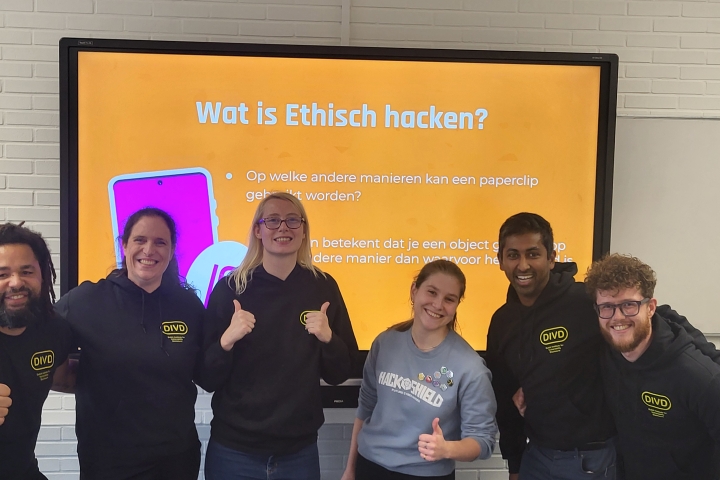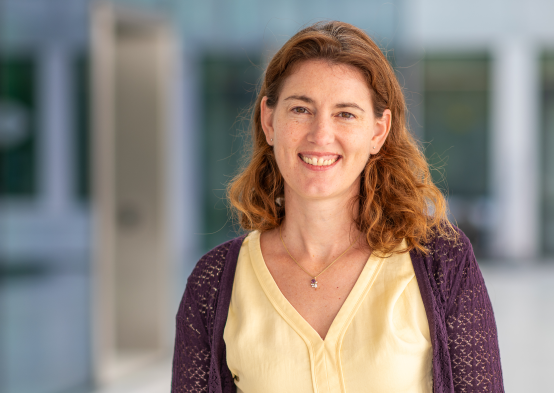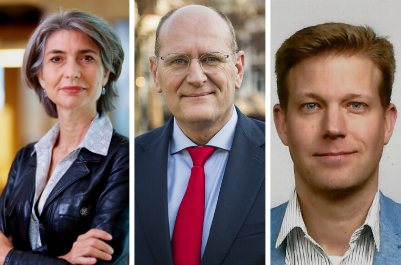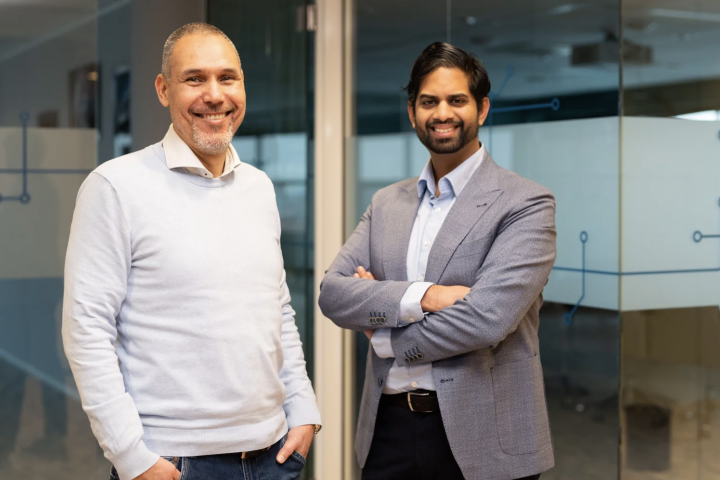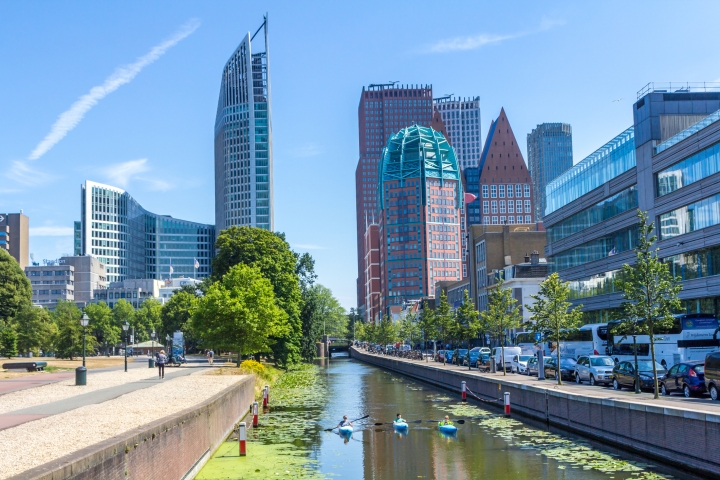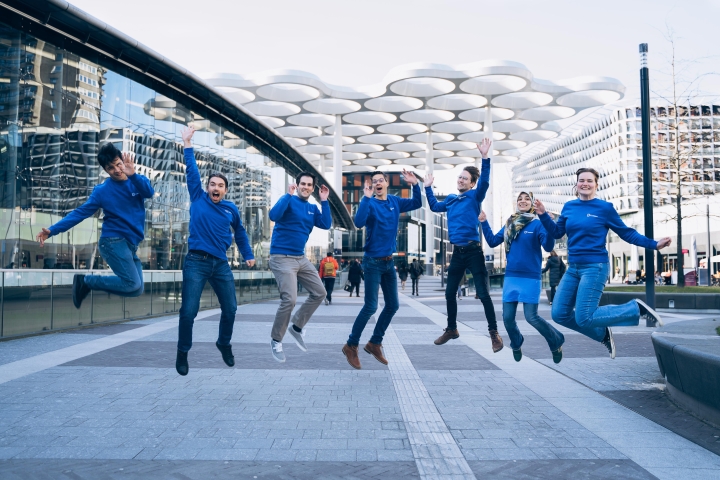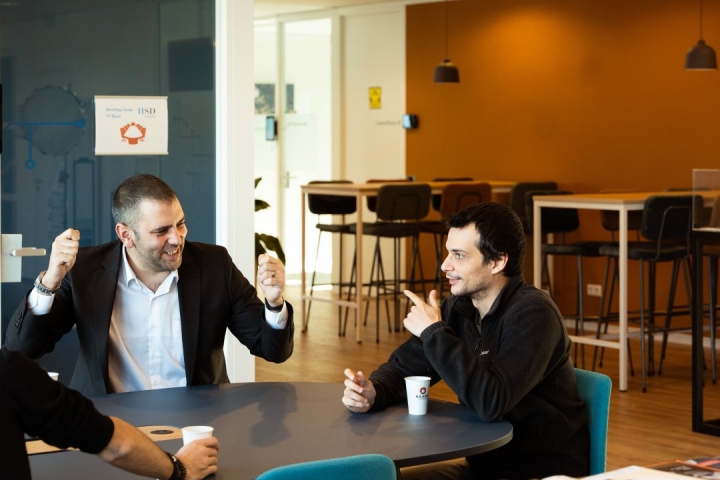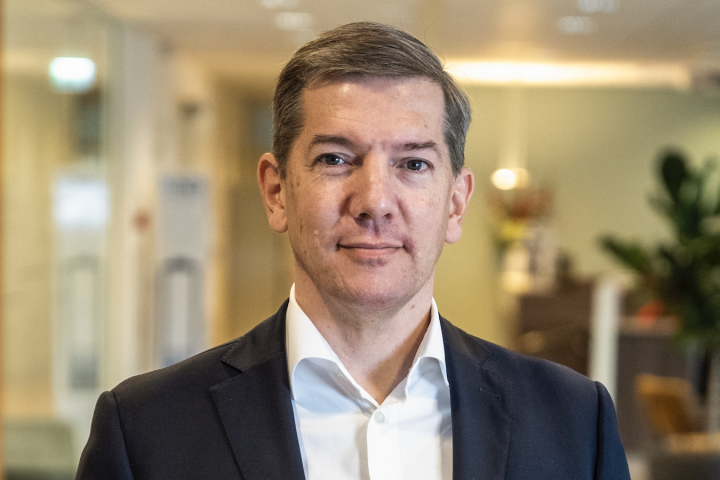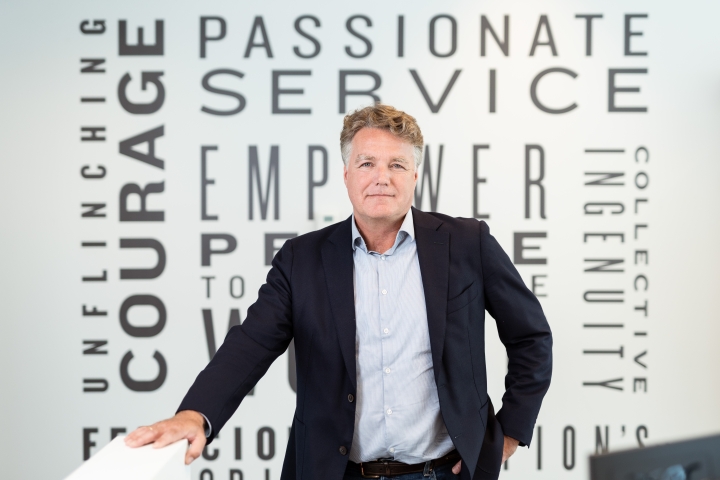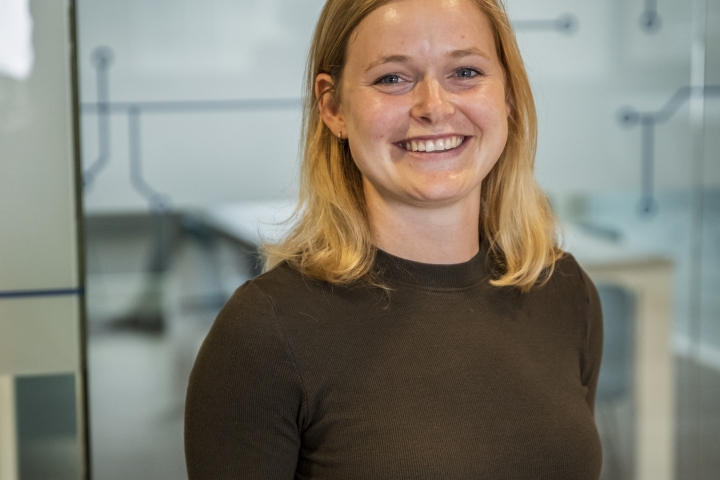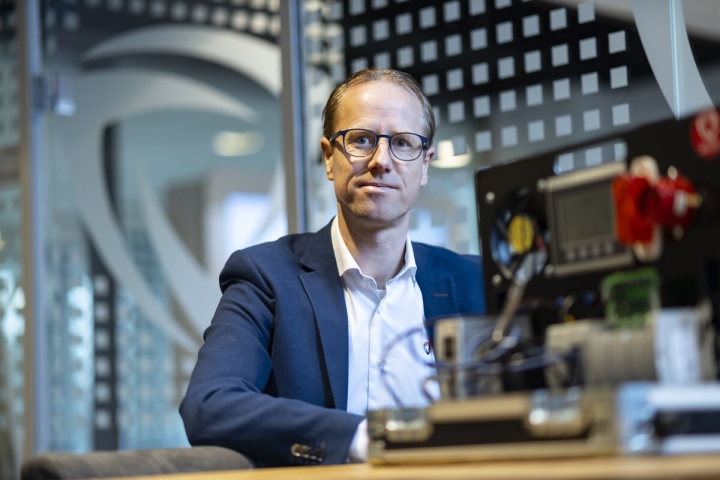Exploring the Intersection of AI and Cybersecurity at HSD Café
At our recent HSD Café, experts from diverse fields came together to discuss the evolving role of Artificial Intelligence (AI) in cybersecurity. With cyber threats and AI capabilities rising, the event provided a platform to explore how these two realms intersect. Speakers from leading organisations shared their insights on the challenges and opportunities presented by AI-powered cybersecurity solutions. They discussed the need for international cooperation, governance, and strategic foresight in applying AI in secure environments.
Yori Kamphuis, Lead Counter AI at TNO, opened the session by providing an overview of the developments in AI and cybersecurity. He explained that cybersecurity has grown from a niche concern to a critical aspect of national and international security strategies, influencing defense, public safety, and economic agendas. Kamphuis highlighted four main categories in which AI and cybersecurity overlap:
- Attacks on AI, such as data poisoning.
- AI-driven cyberattacks, including social engineering.
- AI-enhanced cybersecurity defenses.
- Cybersecurity of AI, emphasizing the responsible use of generative AI.
Kamphuis noted common challenges such as the dominance of American AI suppliers, high investment requirements, and a shortage of cybersecurity expertise in Europe. He called for increased international collaboration to address these challenges.
Pieter Burghouwt, Senior Lecturer at The Hague University of Applied Sciences, emphasised the game-changing nature of AI, focusing on its capabilities in multimodality, Natural Language Processing (NLP), and General-Purpose AI. He explored the intersections between generative AI (GenAI) and cybersecurity, such as GenAI-enhanced defenses and attacks, as well as the GenAI threat landscape. Drawing on interviews with financial sector leaders, Burghouwt shared insights on the cautious adoption of GenAI, concerns over bias, hallucinations, and cyberattacks. He concluded by refelecting the potential risks posed by disruptive fintech companies using GenAI to challenge traditional markets.
Arvind Sharma, Practice Director and Cybersecurity Solution Head – Europe at HCLTech, discussed strategies for securing GenAI-powered enterprises. He emphasised that not all problems require AI solutions and outlined criteria for identifying valid AI use cases. Sharma stressed the importance of AI governance, the establishment of AI steering committees, and the development of policies and standards for responsible AI use. He also recommended a structured risk assessment framework, technical controls, and processes to ensure safe AI implementation in enterprises.
The event concluded with a lively Q&A session, where participants delved deeper into the potential and risks of AI in cybersecurity.
Security Delta thanks the speakers and audience for their valuable contributions and looks forward to future discussions on this topic.
Several times a year, we organise an HSD Café around a key security topic relevant. The HSD Cafés serve to inform the network about the latest developments and opportunities, but also to discuss challenges. The HSD Cafés are organised by HSD Office and are open to professionals, experts, students, and all who are interested.






